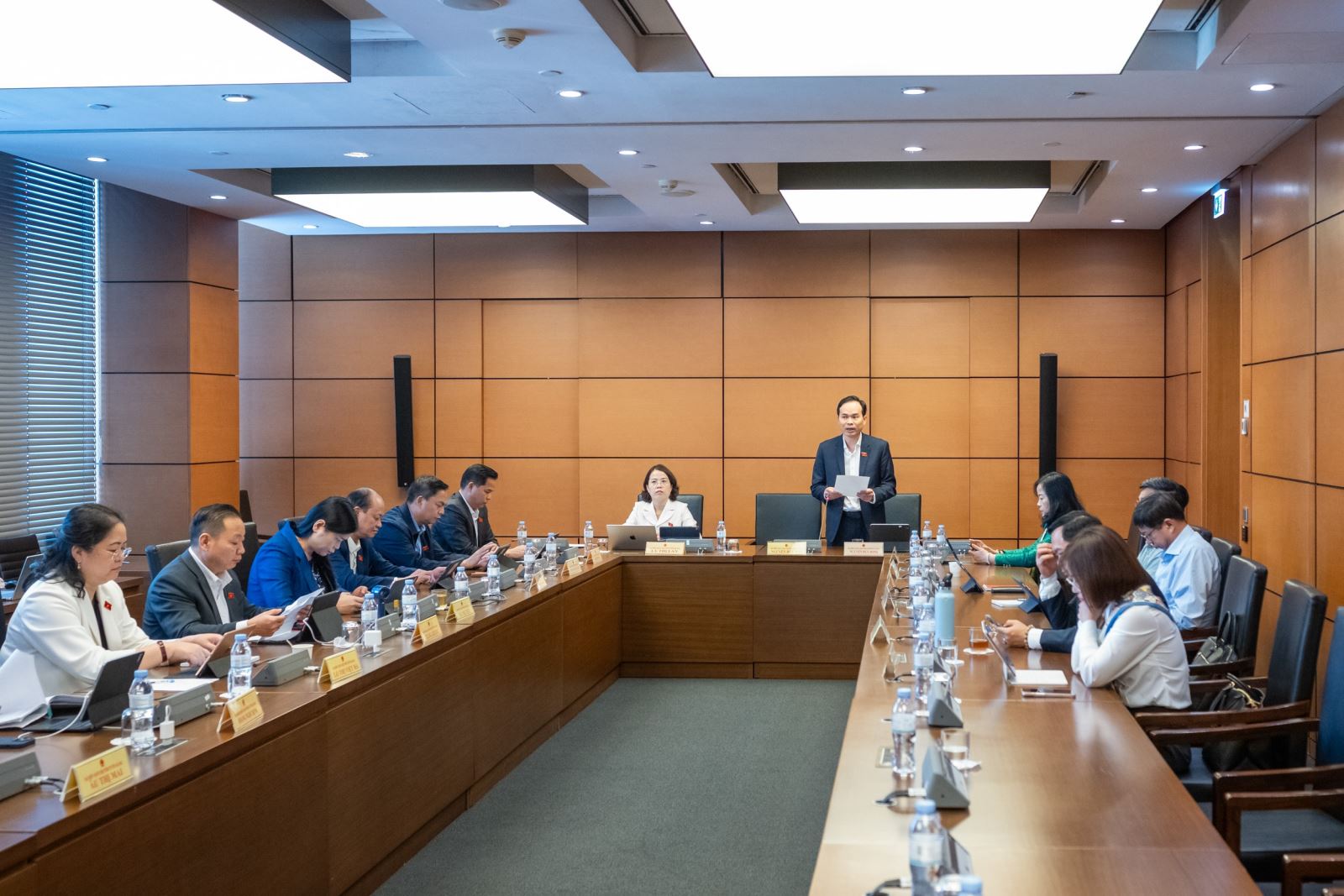
Delegates recognized that artificial intelligence (AI) is becoming the cutting-edge technology of the 4.0 industrial revolution, opening up many great opportunities for socio-economic development but posing many urgent challenges in management, ethics and safety that current legal regulations do not fully cover.
Realizing that this is a new and difficult law when artificial intelligence is increasingly penetrating into social life, and can be applied and utilized in many fields, but to control and use artificial intelligence as a useful tool for humans, it is necessary to build a law at this stage.
Emphasizing that AI is a new issue, Delegate Ta Van Ha, National Assembly Delegation of Da Nang City, affirmed that the development of the Law on Artificial Intelligence is very correct and necessary. Raising the issue of culture in the use of AI, Delegate Ta Van Ha said that currently we do not have a clear legal corridor in controlling the virtual environment. Digital culture is impacting every day, every hour on all aspects of social life, on the younger generation. Therefore, it is necessary to build and define digital culture.
Delegate Ta Van Ha proposed adding to Chapter 5 of the draft Law the principles of protecting national cultural identity when using AI; requiring AI to respect language, cultural values and cultural diversity, encouraging AI to preserve national cultural identity and cultural creation. Assigning the Government to develop a strategy for Vietnamese cultural and language data warehouses for AI. At the same time, regulate AI creative culture and encourage the digital cultural creation industry based on AI.
Delegate Ta Van Ha proposed adding cultural standards for using AI in education and life. At the same time, it is necessary to raise awareness and culture of using AI not only in schools but also in community education… In addition, it is necessary to study the mechanism for monitoring and evaluating the cultural impact of AI.
Delegate Tran Van Tien, National Assembly Delegation of Phu Tho province, said that the scope of regulation of the draft Law is currently very broad and covers many activities, while there are activities that the draft Law does not cover, such as artificial intelligence research activities. Some contents that the scope of regulation does not cover include: Ethics and responsibility in artificial intelligence activities; inspection, examination and handling of violations in artificial intelligence activities. Therefore, it is recommended that the Drafting Committee study and supplement them to match the content of the draft Law. In addition, it is necessary to study and supplement the provisions on the content of artificial intelligence application in Chapter 4, because although this chapter mentions the issue of artificial intelligence application, the content of this content has not yet been clarified.
Delegate Be Minh Duc, National Assembly Delegation of Cao Bang province, said that the draft Law currently stipulates prohibitions on each content scattered in the articles, focusing on Articles 7 and 11. The current draft Law does not have any provisions on prohibitions. It is recommended that the drafting agency study and add specific prohibitions to the Law to handle systems with unacceptable risks. At the same time, the prohibitions must be consistent in the current law-making as well as in management and better serve the work.
Regarding the National Artificial Intelligence Development Fund in Article 23, delegate Be Minh Duc affirmed the need to promote and support research capacity as well as AI application in the country. However, the delegate pointed out the fact that Vietnam has many funds: the National Technology Development Fund and the National Technology Innovation Fund also aim to support research and technological innovation, including AI. Although the scope and support objects of each type of fund are different, they all focus on the field of science and technology. Therefore, delegate Be Minh Duc suggested that there should be a review and determination of the relationship between types of funds to promote the effectiveness of the funds, avoid duplication of functions, dispersion of resources and increase the budget burden.
Source: https://baotintuc.vn/thoi-su/bao-ve-ban-sac-van-hoa-dan-toc-khi-su-dung-tri-tue-nhan-tao-20251121182956918.htm


![[Photo] General Secretary To Lam receives President of the Senate of the Czech Republic Milos Vystrcil](/_next/image?url=https%3A%2F%2Fvphoto.vietnam.vn%2Fthumb%2F1200x675%2Fvietnam%2Fresource%2FIMAGE%2F2025%2F11%2F21%2F1763723946294_ndo_br_1-8401-jpg.webp&w=3840&q=75)
![[Photo] National Assembly Chairman Tran Thanh Man holds talks with President of the Senate of the Czech Republic Milos Vystrcil](/_next/image?url=https%3A%2F%2Fvphoto.vietnam.vn%2Fthumb%2F1200x675%2Fvietnam%2Fresource%2FIMAGE%2F2025%2F11%2F21%2F1763715853195_ndo_br_bnd-6440-jpg.webp&w=3840&q=75)


![[Photo] Visit Hung Yen to admire the "wooden masterpiece" pagoda in the heart of the Northern Delta](/_next/image?url=https%3A%2F%2Fvphoto.vietnam.vn%2Fthumb%2F1200x675%2Fvietnam%2Fresource%2FIMAGE%2F2025%2F11%2F21%2F1763716446000_a1-bnd-8471-1769-jpg.webp&w=3840&q=75)
![[Photo] President Luong Cuong receives Speaker of the Korean National Assembly Woo Won Shik](/_next/image?url=https%3A%2F%2Fvphoto.vietnam.vn%2Fthumb%2F1200x675%2Fvietnam%2Fresource%2FIMAGE%2F2025%2F11%2F21%2F1763720046458_ndo_br_1-jpg.webp&w=3840&q=75)
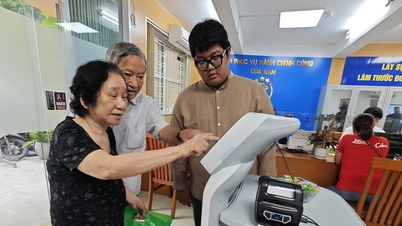

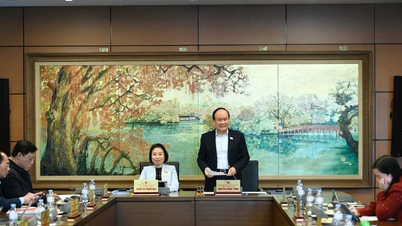

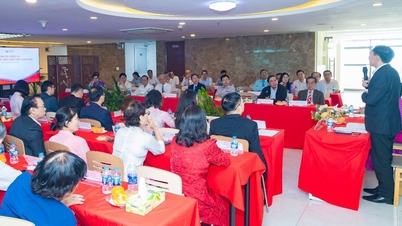

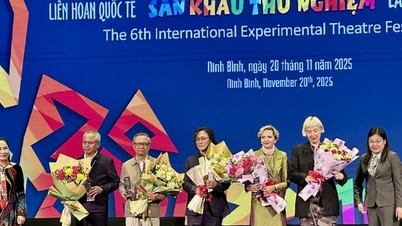









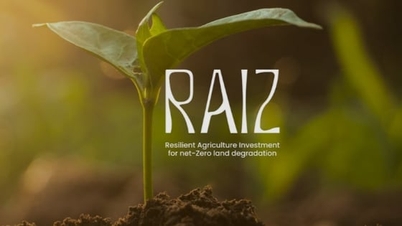







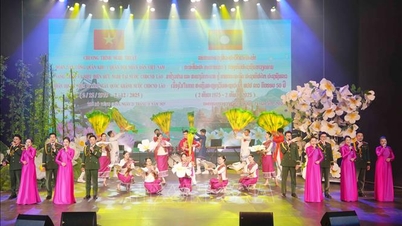

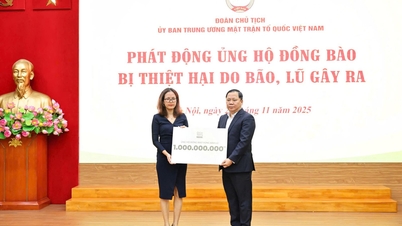
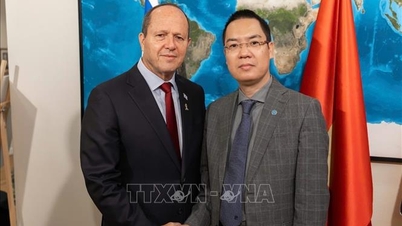
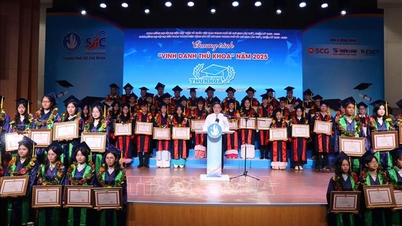











































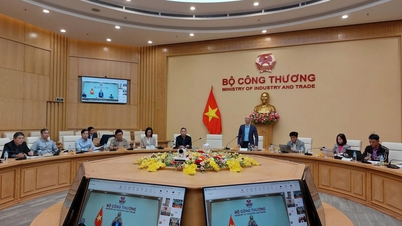

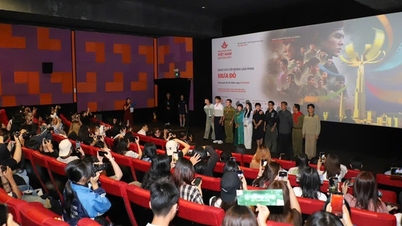



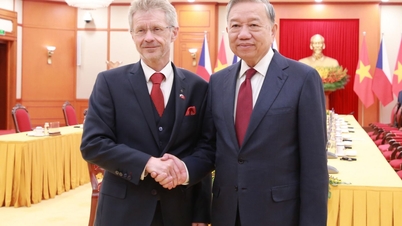

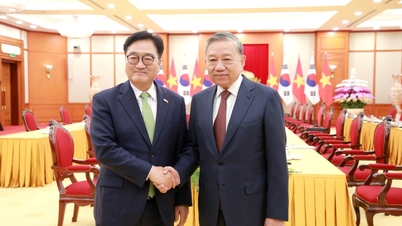


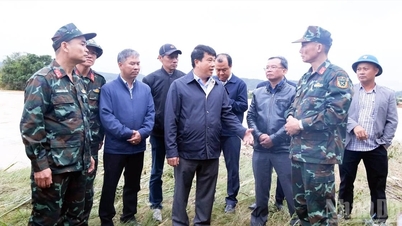





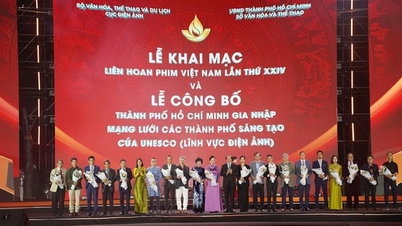












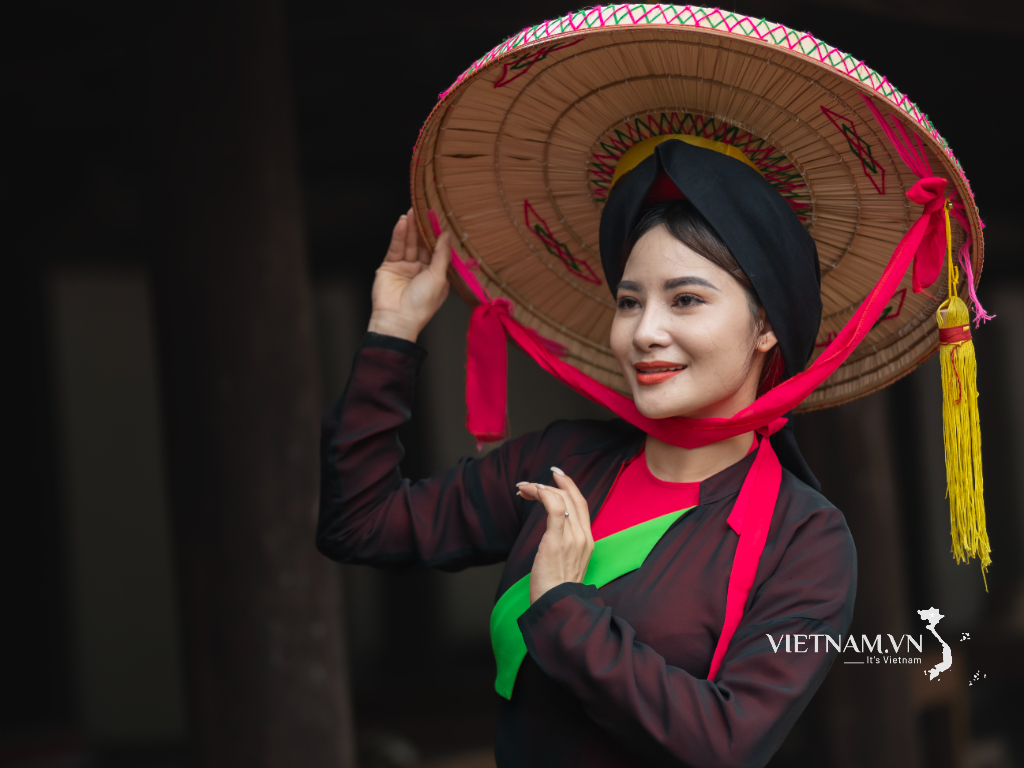


Comment (0)